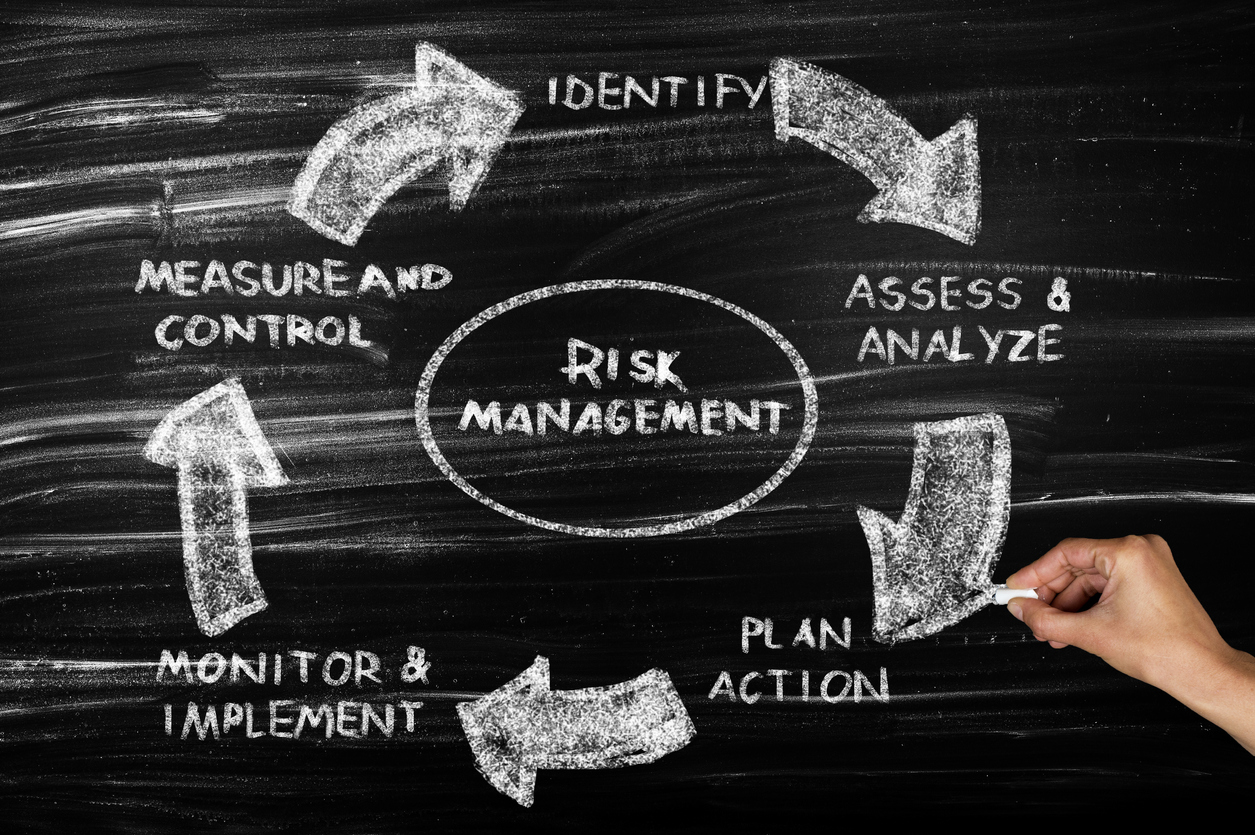1. Senior figures need to lead risk management
As risk management is such a critical area, it is vital that senior leadership in any organisation are seen to be closely involved in its development and implementation. Only by doing this will its true importance be fully appreciated by staff.
2. Your risk department must have authority
Going hand in hand with the point above, the team in charge of risk management must be seen to have the power that they need to enforce avoidance practices and be able to step in with authority when necessary.
3. Risks can be internal too
It can be tempting to assume that risks only come from outside of your organisation but this isn’t always the case. Ensure that you are equally vigilant in managing internal risk, too.
4. Look to external data for guidance
When trying to assess risk and to find examples of the sorts of threats that may exist, look elsewhere for data and case studies from external sources. The insight these can provide may be invaluable.
5. Be adaptive and flexible
The world, and commercial environment, can change quickly so your risk policies and practices need to be similarly adaptive and flexible enough to be able to anticipate what may be just around the corner.
6. Future planning needs risk management
If you aim to define objectives for the future, then risk management has to be closely bound up with these. Without this element it could mean focus is lost when risks do occur and objectives may not be achieved.
7. Risk management is everyone’s business
It’s essential that everyone in an organisation understands what risk management is and why it’s so important. They also need to understand that it is everyone’s responsibility to be vigilant about risk.
8. The larger your organisation, the greater the risks
There are many reasons for this correlation, not least because the greater your size the more attractive target you can be for outsiders. Plus, with greater size, it can be more challenging to manage every department equally.
9. Not all risks are the same
Some risks are critical, such as ones that could damage an organisation irreparably, others are relatively minor. It’s important when examining them to categorise them accordingly, so you can give each risk the attention it requires.
10. Clients and investors will be looking at your risk management
Before others do business with you they will want to be sure that they’re not putting themselves in any kind of risk so they are likely to want full assurances that this is the case. When the success of your business hinges on having a robust risk management strategy it really does help focus the mind.
The one essential take-away should be that any organisation with a sound risk management plan will not just be less at risk, it may well prove to be more commercially successful, too.




